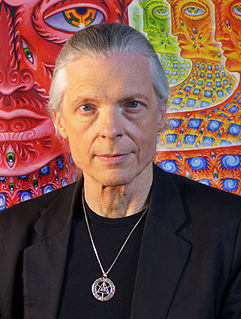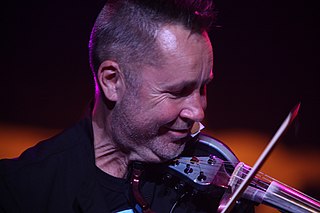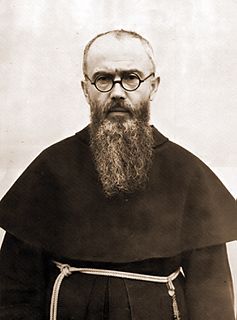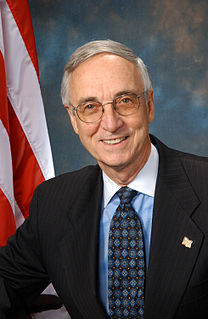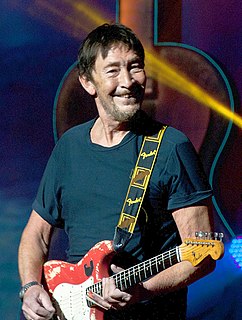A Quote by Maximus the Confessor
When our intellect has shaken off its many opinions about created things, then the inner principle of truth appears clearly to it, providing it with a foundation of real knowledge and removing its former preconceptions as though removing scales from eyes, as happened in the case of St. Paul (cf. Acts 9:18). For an understanding of Scripture that does not go beyond the literal meaning, and a view of the sensible world that relies exclusively on sense perception, are indeed scales, blinding the soul's visionary faculty and preventing access to the pure Logos of truth.
Quote Topics
About
Access
Acts
Appears
Beyond
Blinding
Case
Clearly
Created
Does
Eyes
Faculty
Former
Foundation
Go
Happened
Indeed
Inner
Intellect
Knowledge
Literal
Logos
Many
Meaning
Off
Opinions
Our
Paul
Perception
Preconceptions
Preventing
Principle
Providing
Pure
Real
Real Knowledge
Scales
Scripture
Sense
Sense Perception
Sensible
Shaken
Soul
Then
Things
Though
Truth
Understanding
View
Visionary
World
Related Quotes
The artist's mission is to make the soul perceptible. Our scientific, materialist culture trains us to develop the eyes of outer perception. Visionary art encourages the development of our inner sight. To find the visionary realm, we use the intuitive inner eye: The eye of contemplation; the eye of the soul. All the inspiring ideas we have as artists originate here.
Because of its concrete content, sense-certainty immediately appears as the richest kind of knowledge, indeed a knowledge of infinite wealth for which no bounds can be found, either when we reach out into space and time in which it is dispersed, or when we take a bit of this wealth, and by division enter into it. Moreover, sense-certainty appears to be the truest knowledge ... but, in the event, this very certainty proves itself to be the most abstract and poorest truth. All that it says about what it knows is just that it is; and its truth contains nothing but the sheer being of the thing.
Meditation means you start changing your inner world. You start removing dust from the inner world, you start removing all that is unnecessary in the inner world. You remove all that clutter, all the rubbish you are full of. Meditation means emptying yourself of all that the society has put inside you so that you can have a clean, clear vision, so that you can have a mirror-like quality.
No one in the world can change Truth. What we can do and should do is to seek truth and to serve it when we have found it. The real conflict is the inner conflict. Beyond armies of occupation and the hecatombs [e.g. the sacrifice of many victims] of extermination camps, there are two irreconcilable enemies in the depth of every soul: good and evil, sin and love. And what use are the victories on the battlefield if we ourselves are defeated in our innermost personal selves?
If you can imagine the story of the world as a giant movie, to not have some understanding of the Bible - its story, its history, and its impact - would be like watching a great movie and removing part of the plot. It can't be done. The real truth is that everyone regardless of faith tradition benefits from knowing and understanding these aspects of the Bible. It enhances one's knowledge of literature, science, art etc. It's difficult to read any classic work of literature for instance and not see biblical allusions.
Then may we not fairly plead in reply that our true lover of knowledge naturally strives for truth, and is not content with common opinion, but soars with undimmed and unwearied passion till he grasps the essential nature of things with the mental faculty fitted to do so, that is, with the faculty which is akin to reality, and which approaches and unites with it, and begets intelligence and truth as children, and is only released from travail when it has thus reached knowledge and true life and satisfaction?
Truth and falsity, indeed understanding, is not necessarily something purely intellectual, remote from feelings and attitudes. ... It is in the total conduct of men rather than in their statements that truth or falsehood lives, more in what a man does, in his real reaction to other men and to things, in his will to do them justice, to live at one with them. Here lies the inner connection between truth and justice. In the realm of behavior and action, the problem recurs as to the difference between piece and part.
Ask me if Christianity (my version of it, yours, the Pope's, whoever's) is orthodox, meaning true, and here's my honest answer: a little, but not yet. Assuming by Christianity you mean the Christian understanding of the world and God, Christian opinions on soul, text, and culture I'd have to say that we probably have a couple of things right, but a lot of things wrong, and even more spreads before us unseen and unimagined. But at least our eyes are open! To be a Christian in a generously orthodox way is not to claim to have the truth captured, stuffed, and mounted on the wall.
There are two threats to reason, the opinion that one knows the truth about the most important things and the opinion that there is no truth about them. Both of these opinions are fatal to philosophy; the first asserts that the quest for truth is unnecessary, while the second asserts that it is impossible. The Socratic knowledge of ignorance, which I take to be the beginning point of all philosophy, defines the sensible middle ground between two extremes.


